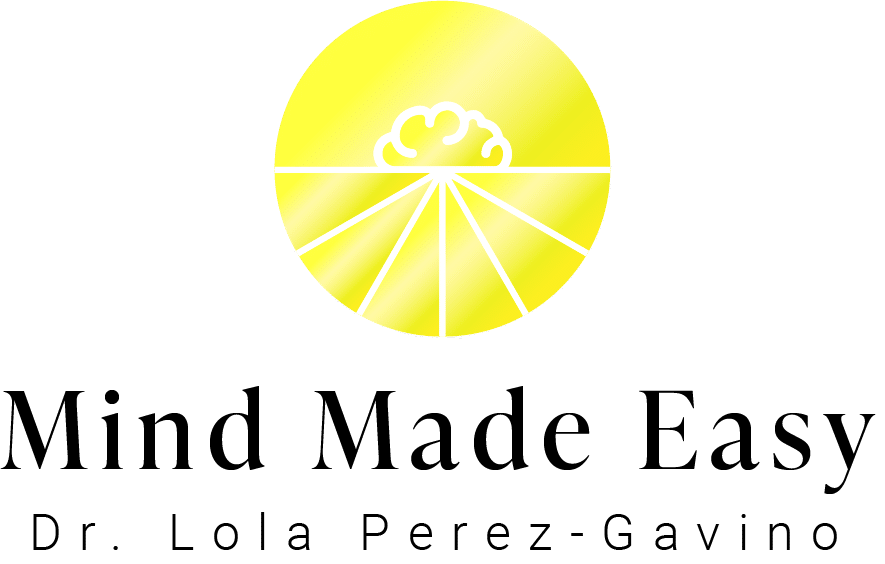If you have been diagnosed with an autistic spectrum condition or if you self-identify as autistic, you have probably come across the debate about how to refer to yourself, whether you are autistic or whether you have autism.
Below you can read about the main differences between the two:
Person first language (I have autism)
The argument for person-first language (someone has autism) is that there is more to a person than their autism diagnosis. It separates the person from the autism to indicate that the person is a person first, regardless of their makeup, and autism is just an aspect of who they are.
However, the autistic community tends to argue that person first language carries the underlying message that there is something wrong about autism that needs to be separated from the person.
Identity first language (I am autistic)
Identity first language (someone is autistic) has been associated with the neurodiversity movement, which celebrates difference in the way our brains are wired. This movement has become very popular amongst the autistic community.
Traditionally, the differences in the autistic brain were seen as a difficulty, inability or disability to do certain things and function in a neurotypical world. The neurodiversity movement postulates that it is simply a different way of functioning, and that by adjusting the environment, by being given the right support and in the presence of the right people, there are no inherent obstacles to be who you are and to function well.
Identity first language supports the idea that there is nothing wrong with your differences. The differences are simply that, differences. They autistic community sees identity first language taking a sense of pride about who we are.
Which language is better?
In my work with autistic adults and children, I have found that most adults I work with prefer identity first language. They tend to see autism as part of their makeup and inseparable of their identity. They also see the advantages that come with being autistic, as well as the challenges, as any other aspect of any person’s makeup.
I’ve worked in children’s services conducting autism assessments and interventions after diagnosis for many years. Reflecting back on this time, I notice that professionals working with children and young people tend to use person first language. I used to use person first language myself until I familiarised myself with the neurodiversity movement.
I realise now that this language conveyed a somewhat negative view of autism, something that needed to be separated from the rest of the person, as if there was a non-autistic part that was important to mention, and often highlight.
What’s your preference?
It’s ok to use whatever language you feel comfortable with to talk about yourself and your identity. You’ll meet autistic people using one or the other, or both.
It’s not uncommon to find that non-autistic people and professionals often lean towards person first language. This could be due to many reasons, often well-intended.
Non-autistic people are often unaware of these two languages and what the underlying messages associated with them. So if you come across someone who addresses you in a way that you don’t like, tell them. You may even want to direct them to the neurodiversity literature and the person and identity first debate, so that they can familiarise themselves with the arguments for both sides. Most people are happy to use the language you prefer, but may not know that this is what you’d like.
And if you are talking to an autistic person and you are in doubt, ask them what their preference is.
I decided a while ago that identity first language fits better with my view of autism, my values, and the people I work with. And that’s my choice unless someone tells me they have a different preference. It has taken time and effort, reading about neurodiversity, talking to different people and learning about different views to decide what my stance is.
My experience working with hundreds of people during my career as a psychologist has shown me that everybody can thrive in the right environment and with the right people.


